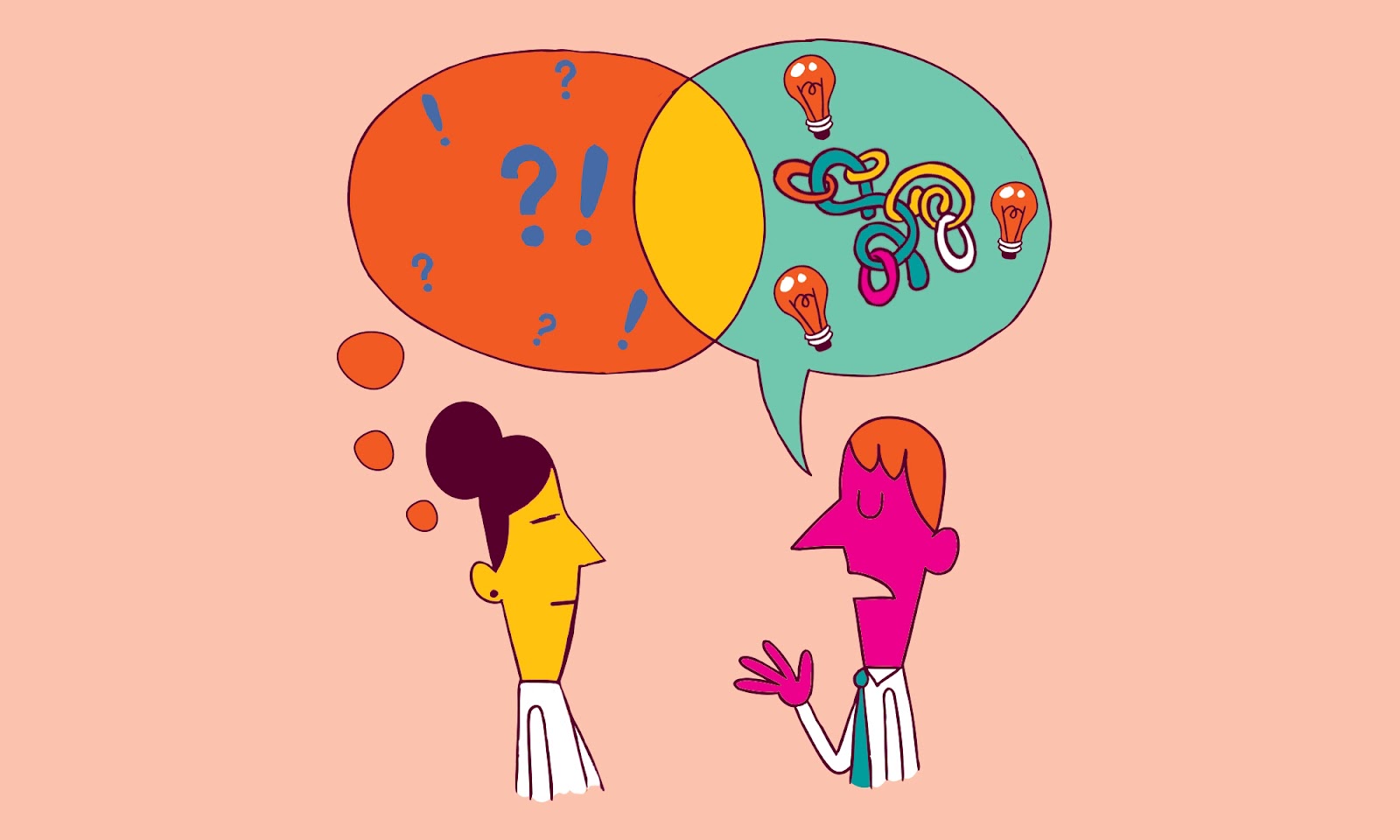Brno, Czechia: A Cozy Moravian City
Being the second largest city in the Czech Republic, Brno draws tourists
to its cozy and beautiful streets. This is the former capital city of the
historic country of Moravia, one of the three ancient territories in Czech
Republic. The city provides a contrast to the capital city of Prague being the
capital of Bohemia, who with Moravia became seats of the Holy Roman Empire and
were subsequently under German influence before the Second World War,
Austrian-Hungarian Empire and the socialist revolution during the Cold War.
Thus, this geographical and cultural distinction between Moravia and Bohemia
gives a reason to explore the city.
I have visited both Prague and Brno. Click here for my Prague adventures. These are the places I went to.
1. Orli
This is a
pathway connecting the Central Station and the Bus Terminal to the Central Square
of the Brno. There are several shops and cultural attractions.
2. Zelný trh
The
Vegetable Market is a market square in Brno and is near the Freedom Square. Many
sellers of fruits, vegetables and flowers in the area.
3.
Kostel
svatého Michala
The
Church of Saint Michael the Archangel is located in the Dominican Square next
to the New Town Hall. It is said that the church has been established in the 13th
century and is historical being the place of the Moravian estates.
4.
Katedrála
svatých Petra a Pavla
The
Cathedral of Saints Peter and Paul is located in the southwestern part of the
cadastral territory in the city of Brno. The Gothic church is one of the
architectural in the Southern Moravia.
5. Park
Denisovy Sady
Denis
Gardens is the first public park in Moravia and Bohemia. The park was named
from a French historian, who contributed the creation in Czechoslovakia. This
is also considered the terrace of the Cathedral of Saints Peter and Paul.
6. Sousoší
Nejsvětější Trojice
The
Trinity Column in the Green Market is a protected as a cultural monument of the
Czech Republic. The statue exhibits of the Catholic influence on the city.
7.
Kašna
Parnas
Parnas
Fountain is one of the most important fountains and Baroque monuments in the
city. The statue symbolizes the Holy Roman Empire.
8.
Náměsti
Svobody
The
Liberty Square is the most important square in Brno. It is actually triangular
shaped and is considered the imaginary center of the city.
9. Malinovského náměstí
Malinovsky
Square is named after a Russian commander who helped liberate Brno at the end
of World War 2. A sculpture of Homage Edison is located in the square in honor
of the inventor of bulb, Thomas Alva Edison.
10.
Mahenovo
divadlo
Mahen
Theatre is one of the first public buildings in the world lit entirely by
electric lights. It follows Neo-renaissance, Neo-Baroque and Neoclassical
architectural styles.
11.
Socha RJ Malinovskeho
This is a square in honor of a Russian commander that
aided Brno to be free in Second World War.
12. Kostel
Nanebevzeti Panny Marie
The
Church of Assumption of Virgin Mary is a Jesuit church in Brno. This church was
severely damaged during the Second World War.
13.
Kostel
sv. Jakuba
The Church
of Saint James the Elder. This is an important cultural and religious monument
in Czech Republic. The famous defender of the city against the Swedish siege to
protect the Holy Roman Empire during the Protestant Reformation that influenced
the Thirty Years War.
14.
Mincmistrovský
sklep
The
Mintmaster cellar is part of the historic Brno Underground, located under the
Dominican Square.
15.
Špilberk
This is a
hilly park surrounding the Spilberk fortress, which protects and old castle
built in the 13th century built using Gothic style.
Brno is
not as big and populous as the Czech capital Prague, but it has proven to be a
good alternative for tourists, who wants to learn more about the entire country
and customs. Brno, like Prague has learned a lot from its colorful past. It has
made a permanent imprint in the culture, tradition and life of the ordinary
citizens of Brno.




























Comments
Post a Comment